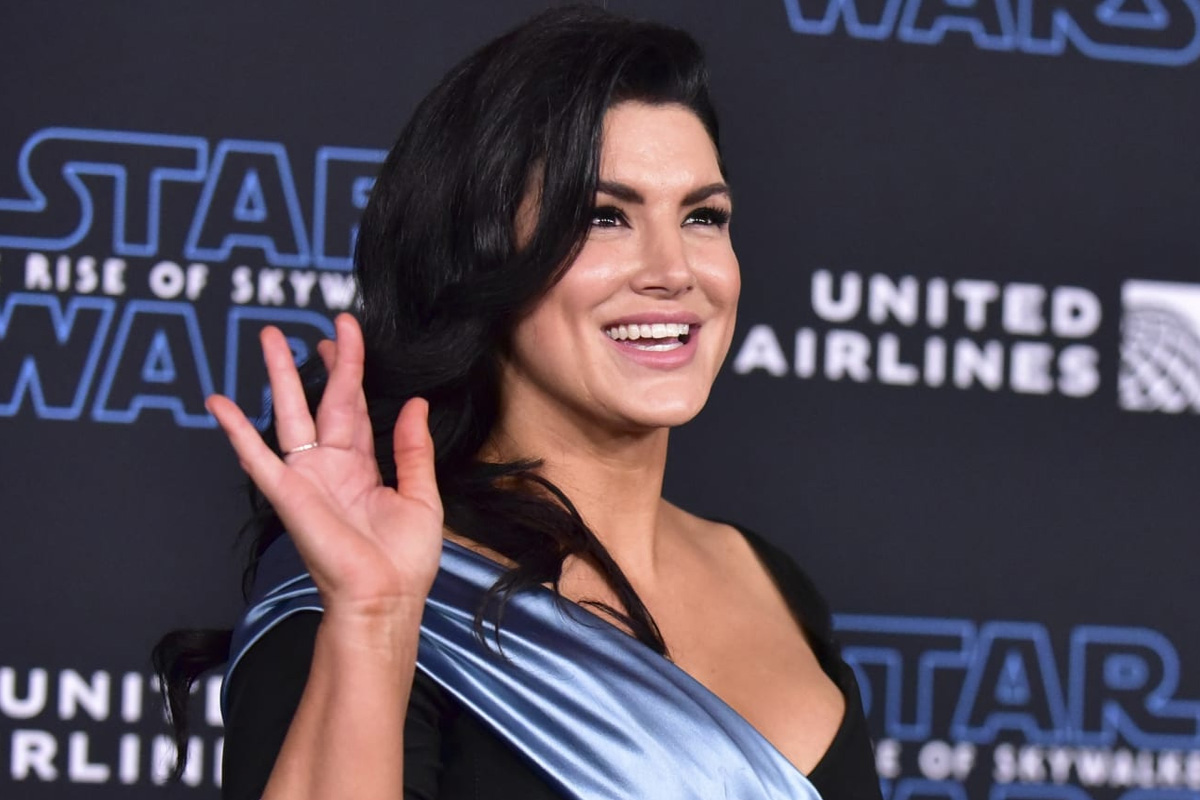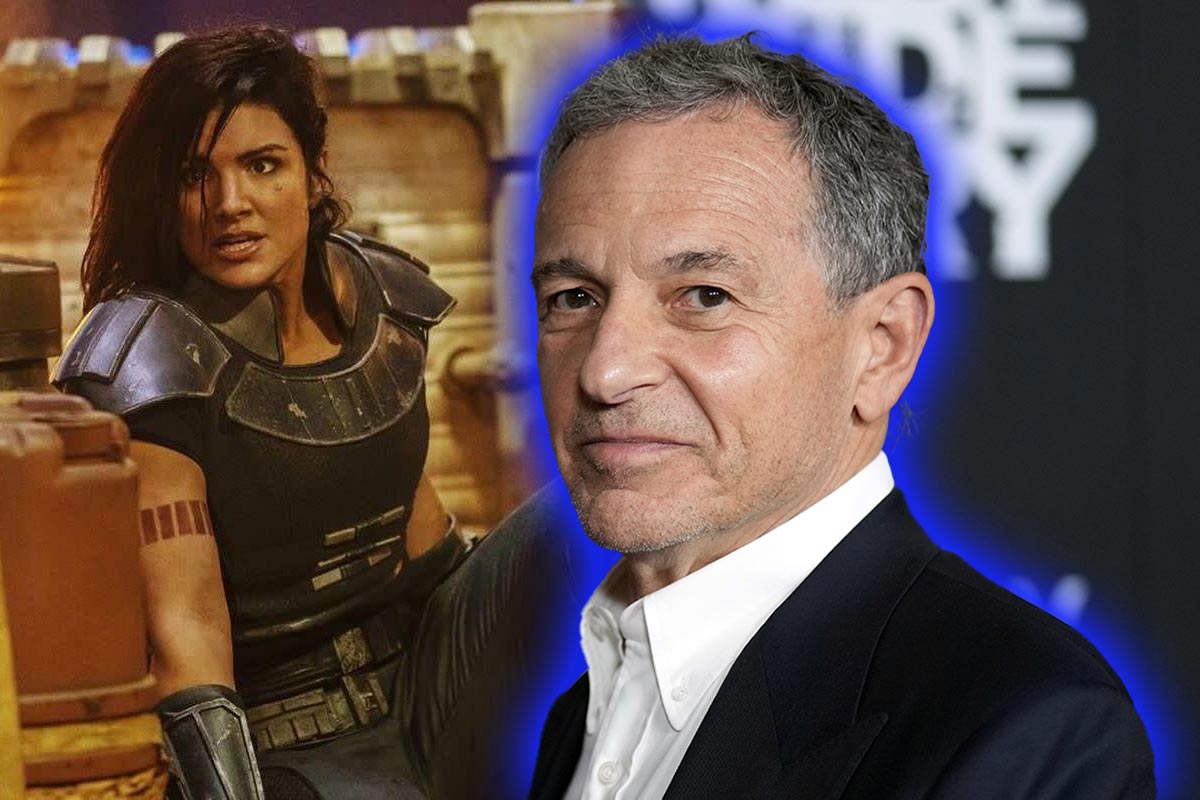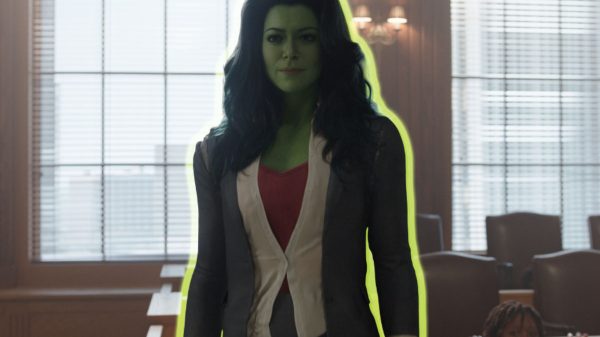Gina Carano, known for her role in ‘The Mandalorian’ on Disney+, has filed a lawsuit against Disney and Lucasfilm after being let go from the series. Adding to the drama, Elon Musk has stepped in, offering to pay for Carano’s legal expenses.
When asked about his opinion on the lawsuit during a CNBC interview, Disney CEO Bob Iger kept his response short, as reported by The Hollywood Reporter. Iger said:
“None.”
The Billionaire’s Thoughts On The Lawsuit

Elon Musk, on the other hand, didn’t hold his opinions back. He criticized Disney on X, not just about Carano’s firing but also touching on other decisions made by the company, such as the casting of Ayo Edebiri for a ‘Pirates Of The Caribbean’ reboot to replace Johnny Depp.
Musk also posted a chart showing Disney’s ‘inclusion standards’ and commented:
“An anonymous source just sent me this from Disney. It is mandatory, institutionalized racism and sexism!”
When an X user offered the billionaire to ‘buy Disney and fix it,’ he replied with a thinking emoji.
The Legal Battle Between The Actress And Disney

At the core of Carano’s lawsuit are claims of wrongful discharge and sex discrimination. She argues that she was let go for expressing conservative views on social media, which included topics like Black Lives Matter, preferred pronouns, and election fraud. The actress believes her firing resulted from not aligning with the company’s viewpoints.
Carano also highlighted what she saw as a double standard. She noted that her co-star, Pedro Pascal, faced no consequences after making a post comparing Donald Trump to Hitler.
The Comments That Led To The Lawsuit

The actress’ exit from ‘The Mandalorian’ came after several online clashes with fans, winding up in a campaign under the hashtag #FireGinaCarano.
Following this tension and Carano’s 2021 post comparing the political situation in the US to the Holocaust, Lucasfilm announced parting ways with her, describing her words as ‘abhorrent and unacceptable.’
Carano expressed that she saw her legal action as a fight against what she perceives as an attempt to intimidate and discredit her. She maintains that entering the entertainment industry does not mean giving up one’s right to free speech.


















